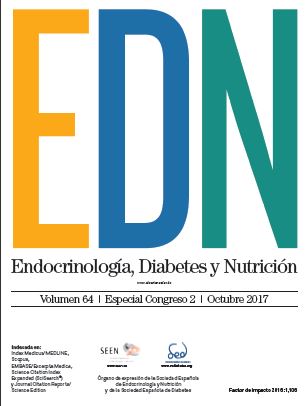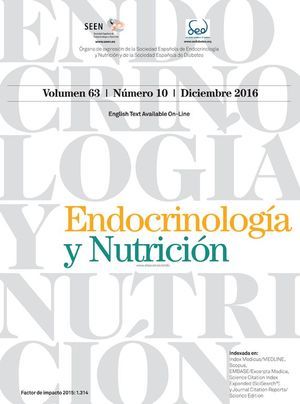50 - THYROTOXICOSIS AND PSYCHO-EMOTIONAL ABNORMALITIES IN ADOLESCENTS
Republican Specialized Scientific and Practical Medical Center of Endocrinology under the Ministry of Health of the Republic of Uzbekistan. Tashkent. Uzbekistan.
Introduction and objectives: Involvement in the pathological process of the central nervous system in thyrotoxicosis is so obvious, but little attention is paid to the peculiarities of the psychological state in children and adolescents, to the characteristics of the individual, which worsens the patient's mental state. The purpose of the study: to study the features of the psycho-emotional state in adolescents with thyrotoxicosis.
Methods: On the basis of the clinic of the MC of Endocrinology of Uzbekistan, 16 adolescence with Graves' disease were examined. And 15 healthy adolescents were examined. The method of investigating anxiety syndrome in adolescents with Graves disease c was the STPI questionnaire (State Trait Personal Inventory) and Drawing test "House-Tree-Man" (HTM) proposed by John Buk.
Results: According to the results of the study of the anxiety test in adolescents, we found that among children with thyrotoxicosis anxiety prevailed (26.0 ± 1.26 vs 19.5 ± 1.78) and negative emotional experiences (25.3 ± 4.14 against 12.8 ± 1.24), while cognitive activity (25.4 ± 2.16) was lower, compared with those of the control group (32.1 ± 4.26). At the same time, in a group of teenagers with toxic goiter, 100% of children had a high level of anxiety (scoring range 24-40), in the same group, children (75% (12)) prevailed with a high degree of negative emotional feelings, and a third of children (31, 3% (5)) the average degree of negative emotional experiences is diagnosed. According to the results of the picture test, it was found that in all the indices, in children with thyrotoxicosis, the indicators of insecurity, anxiety, self-distrust, feelings of inferiority and hostility, propensity to conflict prevailed in 2.1-6.4 times, communication difficulties and depressiveness were noted.
Conclusions: All teenagers with thyrotoxicosis were characterized by anxiety and negative emotional experiences, while cognitive activity in these children was lower in comparison with those of the control group.







